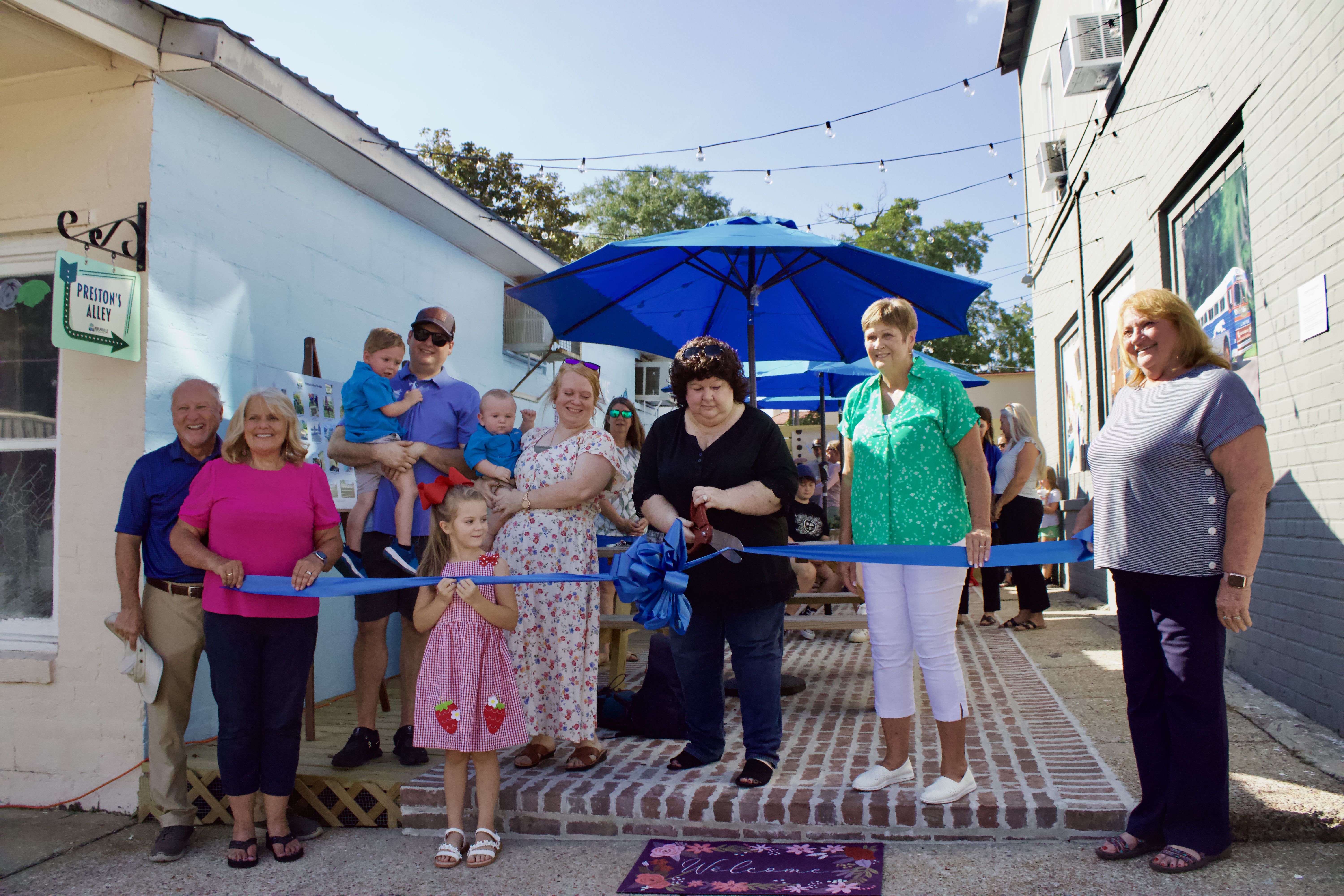Shoppers: When in doubt, buy local
Published 7:00 am Tuesday, October 14, 2014
Shopping local isn’t always the cheapest or most convenient option, but the value of pumping money into the community is indisputable.
It is easy to be spoiled by the ease of online shopping or the superstores that carry every product imaginable in one building. At those large retailers, milk is only a few short aisles away from a television, and shoppers could even pick up a garden hose on the way to the register.
Sometimes trips to “Big Box” stores are inevitable, but it’s important to consider local businesses for a variety of reasons.
For starters, buying locally is easier on the environment. When taking into consideration the packaging, shipping and storage needs of non-local food, the waste and inefficiency numbers are staggering. The Environmental Protection Agency estimated that 90 percent of the 11.9 million tons of plastic packaging the United States has produced was discarded in a landfill after one use. Shopping locally would reduce the need for heavy plastic packaging and also cut down on the fuel costs and pollution that accompanies shipping items over long distances.
The biggest reason to buy locally is simple: money. The Center for Environmental Farming Systems in North Carolina started a “10 percent” campaign in 2010. It was estimated that if residents were to shift 10 percent of their food spending to locally grown food, that the state’s economy would increase by $3.5 billion dollars. Since the initiative began, the CEFS has noted more than $63 million dollars spent buying local food.
Even if a Mississippi initiative failed to reach a billion or even a million dollar milestone, every dollar spent would be going to a fellow member of the community, which in turn is more likely to be reinvested locally. Spending a little extra on a neighbor’s business keeps them afloat and keeps the money in the city.
Small business owners take a chance to invest in themselves and in a community. The local consumer has a responsibility to believe in these establishments the way their owners believed in the town.





